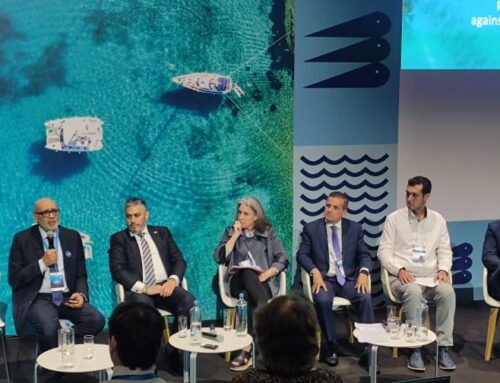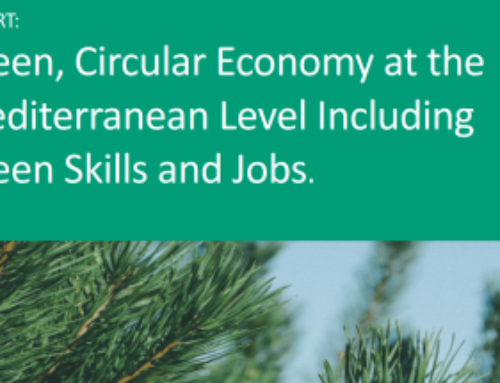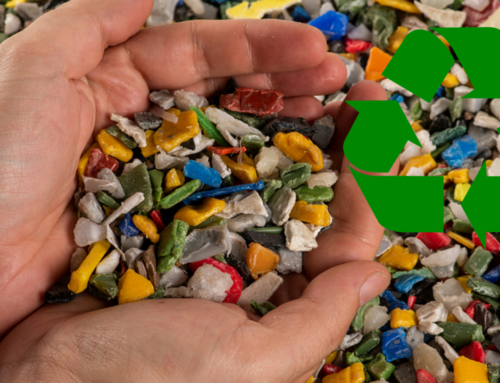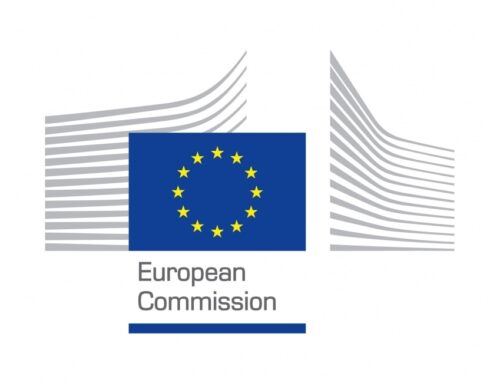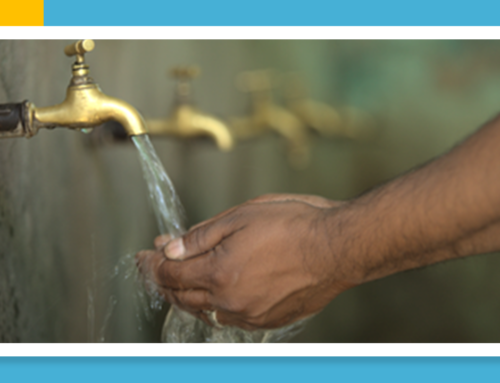The EU funded Water and Environment Support (WES) project is supporting Tunisia to make its public procurement processes more environmentally sustainable.
Studies have shown that sustainable management of resources linked to the building sector and the generalization of specific minimum techniques in terms of energy saving, would make it possible to save 20 to 30% of heating and cooling needs and 70% of consumption for water heating – indeed a substantial household saving, especially nowadays that the energy crisis has hit hard the whole world. Several other solutions and technologies can also be applied for a better management and recovery of resources, in particular for construction materials, water and wastewater, construction and demolition waste, etc.
Back in 2020, WES launched this activity that is rolled out via coaching/mentoring and capacity building for public and private bodies in order to render the public procurement process in the construction sector, more sustainable.
On the 23rd of March 2022 WES organised the second coaching session in the form of a workshop during which the advantages of inserting sustainability clauses for sustainable public procurement in the construction sector were analysed with 20 key stakeholders.
Issues of the role of life cycle analysis in the context of sustainable public purchases for construction, of the “cradle to cradle” approach with life cycle cost analysis in a logic of circularity for the construction of a building, the approach for building materials of life cycle analysis and carbon footprint, the example of an environmental declaration product for a Tunisian pilot material (compressed plasterboard) being finalized, sustainable management of construction waste, as well as the method of drafting standard technical clauses integrating life cycle analysis and management of construction waste globally for the whole of a building and specifically for building materials, were presented and discussed. At the end of the workshop, it became clear that for sustainable public procurement of construction sector, needs more and more laws and rules for sustainable development and environmental standardization.
The peers that are part of the WES ‘coaching’ process, and representing the main actors of the construction sector, from both public and private entities, were present and participated actively in this second coaching session. The co-organisers of the Workshop, the Tunisian Ministry of Environment and the Tunis International Centre for Environment Technologies (CITET) have already initiated a series of programs in the building and construction sector in close partnership with relevant professionals.


